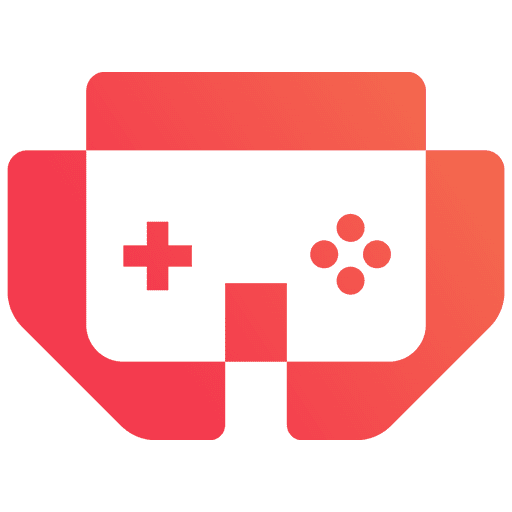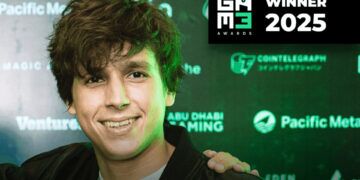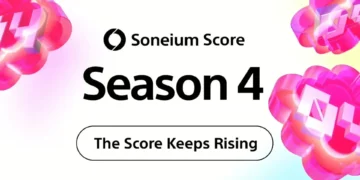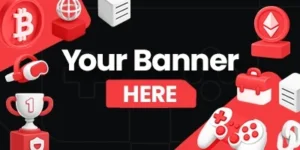Quick Take
- FIFA Rivals launches June 12 with Adidas-branded collectibles and Mythical Games’ Quick Trade system for real-time asset swaps
- Mythical CEO John Linden tells SuperVerse how their backend tech monetizes time-based play at scale without traditional crypto hurdles
- $MYTH token utility ramps up with staking, gas burning, and new cross-game economy features across FIFA, Pudgy Party, and NFL Rivals
With the global launch of FIFA Rivals set for June 12, Mythical Games is putting years of blockchain infrastructure and user-focused design to the test. The studio’s real-time football title arrives with an Adidas collaboration, a custom trading system called Quick Trade, and a roadmap toward a fully connected, asset-based gaming ecosystem.
In a recent interview with EllioTrades from SuperVerse, Mythical CEO John Linden pulled back the curtain on the company’s approach to building games on-chain without overwhelming users with crypto complexity.
“Gaming is so goddamn… It’s really hard,” Linden said, reflecting on his experience leading major franchises like Call of Duty, Skylanders, and Marvel Strike Force. “People are always like, ‘Why the hell do we do this?’ But if you get it right, the value unlock is enormous.”
Building Mythical
Founded in 2018, Mythical Games began exploring blockchain as a way to give players control over in-game assets. The team’s early experiments with Blankos Block Party helped define what Linden called a “very Web2 with a little Web3” model. But the goal was always deeper: build an economy that rewarded time, not just spending.
That ambition led to the creation of Quick Trade, a back-end system that enables asset-for-asset swaps across live players in real time, without requiring them to buy crypto or use external wallets. Every leg of the trade is processed on-chain and monetized.
“We got paid six times on a free transaction from the gamer,” Linden said. “We’ve monetized a gamer now that’s spending their time as currency.”
FIFA’s Global Play
FIFA Rivals is the biggest test yet. Built for mobile and developed in partnership with FIFA, the game targets the global audience that played EA’s FIFA mobile title during the last World Cup — as many as 85 million daily users, according to Linden.
To capture that market, Mythical partnered with Adidas for a branded in-game launch. The collab includes a Training Facility, exclusive kits and boots, and digital gear tied to Adidas’ real-world fashion drops. These assets are fully tradeable through Quick Trade.
“Most gamers… they’re not gonna put $300 on their credit card to buy a Patrick Mahomes,” said Linden. “But they will trade for it.”
The Token and the Network
Behind the scenes, Mythical Games’ custom blockchain infrastructure now handles millions of transactions daily. The studio’s native $MYTH token supports staking, governance, and gas fees. About 7 to 8 percent of the supply is currently staked, with yields around 75 percent APY at time of writing.
Linden said the network is already burning tokens through gas fee activity. “All it’s gonna take for us now — more games, more consumers, more burning of tokens,” he said. “The tokens that everybody’s sitting on are getting naturally scarce.”
Most players, Linden noted, aren’t acting like DeFi traders. “They’re buying and holding,” he said. “They don’t care if it’s 20 cents or 20 dollars. They’re buying $100 of credit to go get Messi or Ronaldo.”
Toward a Universal Game Economy
Looking ahead, Linden envisions Quick Trade expanding across all Mythical titles, including Pudgy Party, Nitro Nation, and NFL Rivals. Assets could be traded across games, and eventually across chains. The vision is to support a global, always-on order book of user-owned items and digital collectibles.
“You can now start Quick Trading across games,” Linden said. “So now games are actually benefiting from other things. You’re generating more fees.”
As the ecosystem grows, Mythical Games plans to unify item economies, social systems, and even hosting infrastructure under one player-first framework. “The community creates content, plays the game, manages guilds, hosts tournaments,” Linden said. “Every role is part of the system.”
What’s Next
With multiple live games and a growing creator network, Linden sees Mythical Games hitting 100 million users by 2026. By 2028, he expects decentralized trading, social integration, and distribution to become standard. “I think we’re full booming,” he said. “This is where the industry’s going.”







